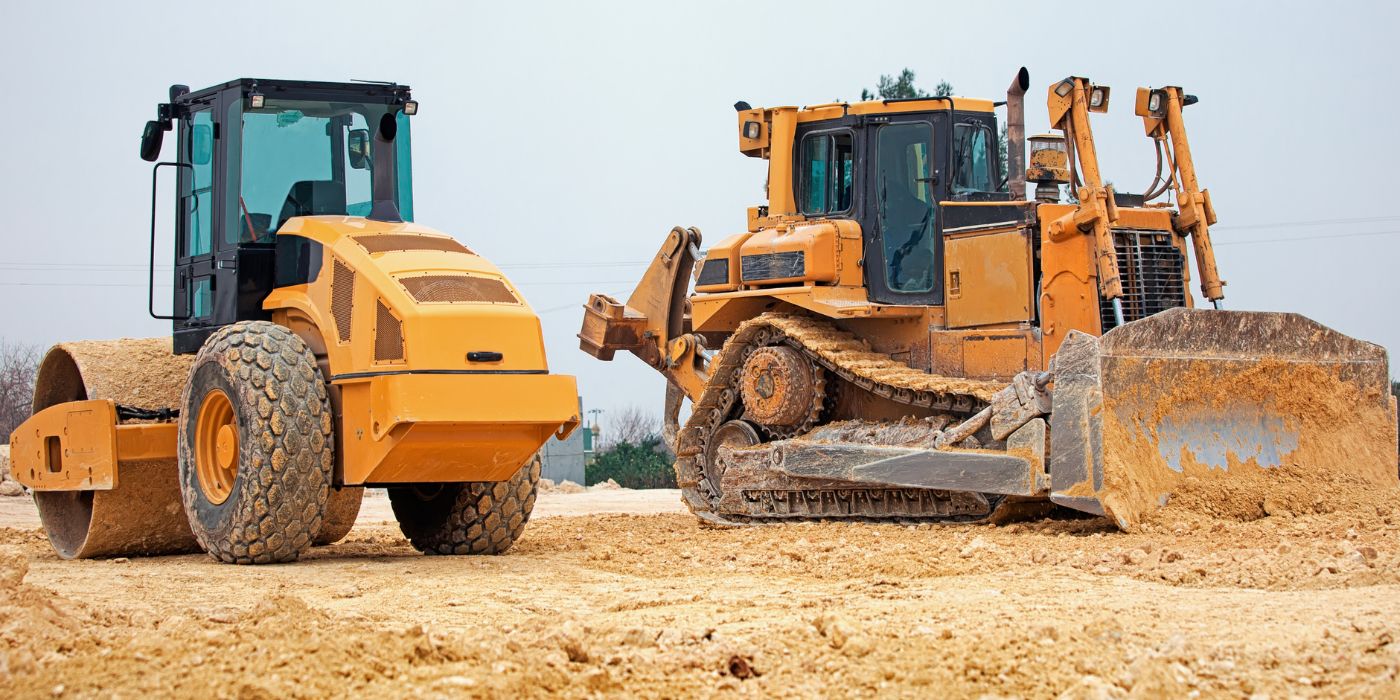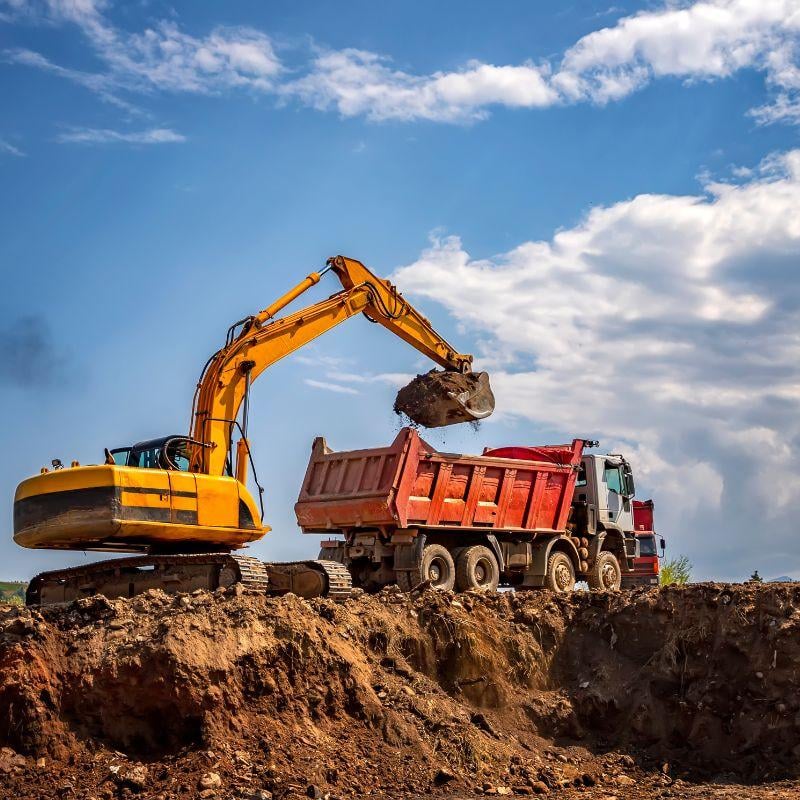Aerial Lift Rental in Tuscaloosa AL: Secure and Efficient High-Reach Equipment
Wiki Article
Exploring the Financial Benefits of Leasing Building Tools Contrasted to Having It Long-Term
The decision between renting and having building and construction devices is critical for monetary administration in the industry. Renting deals instant price financial savings and operational versatility, permitting business to designate sources more effectively. Understanding these subtleties is essential, especially when considering just how they line up with certain project needs and economic approaches.
Price Contrast: Leasing Vs. Having
When examining the economic effects of having versus renting building devices, an extensive expense comparison is essential for making educated choices. The option between renting and possessing can dramatically influence a business's profits, and comprehending the associated costs is essential.Renting building and construction devices generally involves reduced upfront prices, enabling businesses to allot funding to other functional needs. Rental costs can gather over time, potentially surpassing the cost of possession if equipment is needed for an extensive period.
On the other hand, having building and construction devices calls for a significant initial financial investment, together with continuous prices such as insurance coverage, devaluation, and funding. While ownership can bring about long-term savings, it additionally locks up resources and may not provide the very same level of flexibility as leasing. Additionally, possessing equipment requires a dedication to its use, which may not constantly align with project needs.
Ultimately, the choice to possess or rent must be based on a detailed evaluation of certain job demands, financial capacity, and long-lasting strategic goals.

Maintenance Costs and Responsibilities
The selection between renting out and owning building tools not just involves monetary factors to consider but likewise includes recurring upkeep expenses and obligations. Having tools requires a significant commitment to its maintenance, which includes routine assessments, fixings, and potential upgrades. These responsibilities can rapidly collect, leading to unexpected prices that can stress a spending plan.In comparison, when leasing devices, upkeep is commonly the duty of the rental business. This setup permits service providers to avoid the financial burden related to wear and tear, as well as the logistical challenges of scheduling repair work. Rental agreements often include arrangements for maintenance, indicating that specialists can concentrate on completing projects rather than stressing over equipment condition.
Moreover, the diverse variety of devices offered for rent makes it possible for companies to pick the most up to date models with innovative technology, which can improve efficiency and efficiency - scissor lift rental in Tuscaloosa Al. By going with services, organizations can prevent the long-term obligation of equipment depreciation and the linked maintenance migraines. Inevitably, examining upkeep expenses and obligations is essential for making an educated choice regarding whether to have or rent building equipment, significantly influencing overall task costs and functional efficiency

Depreciation Influence On Possession

A substantial element to take into consideration in the decision to have building and construction devices is the influence of depreciation on general possession prices. Depreciation stands for the decrease in worth of the equipment gradually, affected by factors such as usage, damage, and developments in modern technology. As devices ages, its market price lessens, which can considerably affect the owner's economic placement when it comes time to trade the devices or market.
For building companies, this depreciation can translate to considerable losses if the devices is not used to its max possibility or if it comes to be obsolete. Proprietors must account for devaluation in their economic estimates, which can cause higher overall prices contrasted to leasing. Furthermore, the tax ramifications of depreciation can be intricate; while it may offer some tax advantages, these are often offset by the fact of minimized resale worth.
Ultimately, the burden of devaluation highlights check this site out the significance of comprehending the long-lasting financial commitment associated with having construction devices. Business should thoroughly evaluate just how typically they will certainly utilize the equipment and the possible financial influence of devaluation to make an informed choice about possession versus renting.
Monetary Flexibility of Renting
Renting out building tools supplies significant economic versatility, permitting business to allot sources much more efficiently. This flexibility is particularly critical in a market identified by varying task needs and varying work. By opting to lease, businesses can prevent the significant resources expense required here are the findings for purchasing devices, protecting capital for other operational needs.In addition, renting out tools makes it possible for firms to tailor their tools selections to specific project requirements without the long-term commitment related to ownership. This implies that services can quickly scale their devices stock up or down based upon expected and present job requirements. As a result, this versatility lowers the risk of over-investment in equipment that might come to be underutilized or obsolete in time.
Another financial advantage of leasing is the capacity for tax benefits. Rental payments are commonly taken into consideration operating budget, permitting instant tax obligation reductions, unlike depreciation on owned equipment, which is topped a number of years. scissor lift rental in Tuscaloosa Al. This instant cost acknowledgment can better improve a company's cash position
Long-Term Job Factors To Consider
When examining the long-term demands of a construction organization, the choice in between having and renting out equipment ends up being more complicated. For tasks with extended timelines, buying tools may appear beneficial due to the capacity for lower general expenses.In addition, technological improvements posture a significant consideration. The building and construction sector is progressing rapidly, with new devices offering boosted efficiency and security functions. Leasing permits firms to access the most recent technology without dedicating to the high ahead of time costs connected with getting. This adaptability is particularly useful for companies that take care of varied tasks calling for different types of tools.
Furthermore, economic security plays an important function. Owning tools typically entails substantial capital expense and site devaluation worries, while renting out permits for more predictable budgeting and capital. Ultimately, the option in between leasing and having must be lined up with the critical goals of the building and construction organization, thinking about both present and expected job needs.
Final Thought
In verdict, renting building and construction devices supplies substantial monetary benefits over long-term ownership. Eventually, the choice to rent rather than very own aligns with the dynamic nature of construction jobs, permitting for adaptability and access to the most recent equipment without the monetary worries associated with possession.As tools ages, its market value reduces, which can considerably influence the owner's monetary placement when it comes time to offer or trade the devices.
Renting out construction devices offers significant monetary adaptability, allowing business to allot resources much more efficiently.Additionally, renting devices allows business to tailor their equipment selections to specific job needs without the lasting dedication linked with possession.In verdict, leasing construction tools uses significant economic benefits over long-lasting ownership. Inevitably, the decision to lease instead than very own aligns with the dynamic nature of building and construction projects, allowing for adaptability and access to the most current devices without the economic problems connected with ownership.
Report this wiki page